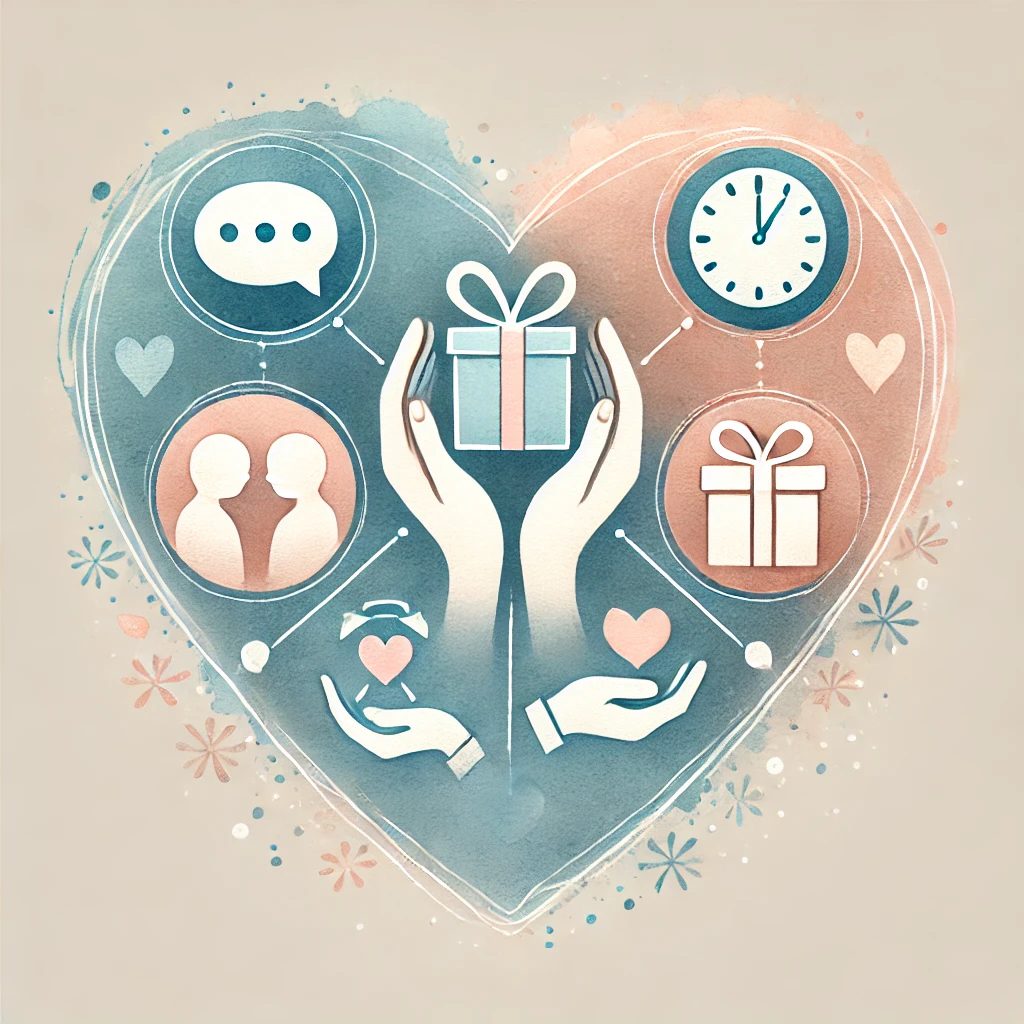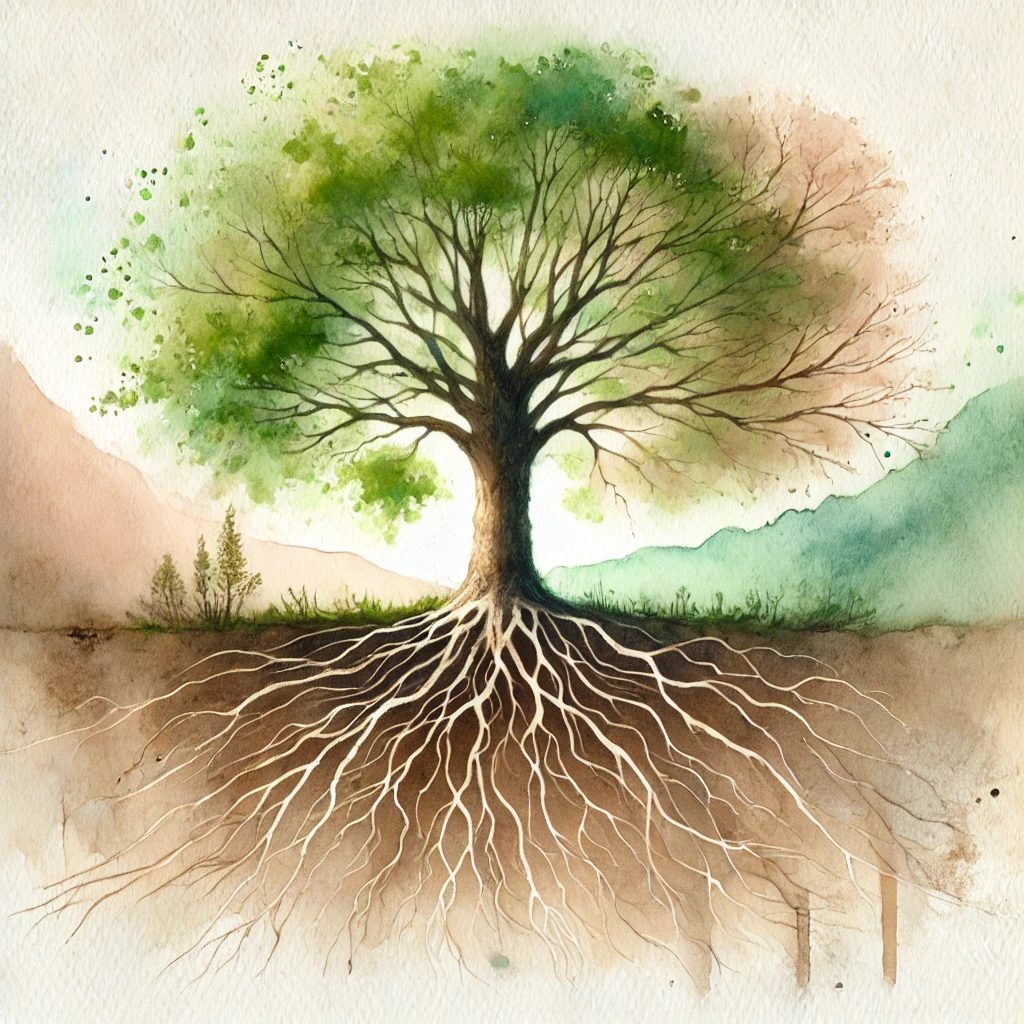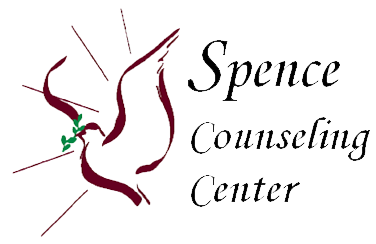Online dating, social media, and instant gratification have transformed the way we connect. While these tools can help us meet more people, they can also make relationships feel more disposable. Ghosting, brief “situationships,” and swiping for the next best thing often take the place of slow, intentional connection.
One of my favorite areas of therapy is helping people navigate dating and relationships with more clarity, intention, and self-awareness. Together, we explore not just what you want in a relationship, but also what you bring to it. This process is not about changing yourself to be enough for someone. It is about understanding your needs, recognizing your strengths, and learning how to foster healthy, lasting love.
Here are three approaches I often use in this work.
The Five Love Languages

We all have unique ways of giving and receiving love. For some, it is hearing words of affirmation. For others, it is acts of service, quality time, physical touch, or receiving gifts. When you understand your love language and your partner’s, you can express love in ways that truly resonate. This often reduces frustration and miscommunication because you are no longer guessing what makes the other person feel valued.
Attachment Theory

Our earliest experiences with caregivers shape how we connect with others as adults. Attachment theory helps us understand patterns like being overly anxious, avoiding closeness, or feeling secure in relationships. In therapy, we look at how these patterns show up in dating and explore ways to create more emotional safety and stability. Understanding your attachment style can help you respond to conflict more calmly, communicate more effectively, and build relationships grounded in trust and emotional safety.
The Gottman Method

Developed from decades of research, the Gottman Method focuses on what makes relationships thrive. This approach helps couples improve communication, manage conflict, and strengthen emotional intimacy. We might work on building “love maps,” using “soft startups” for hard conversations, and making regular “repair attempts” when tensions arise. These strategies are not just for couples in crisis. They can also help prevent problems and deepen connection over time.
When we integrate these approaches, therapy becomes both reflective and practical. We look at the experiences that shaped your relationship expectations, identify what is working and what is not, and practice tools that lead to healthier interactions. The aim is not to find someone who completes you, but to create a relationship where both people feel secure, appreciated, and connected.
Healthy relationships do not just happen. They are built through self-awareness, open communication, and intentional effort. By healing from the past, understanding your needs, and learning proven strategies for connection, you can create a relationship that lasts.
Whether you are single and dating, in a new relationship, or years into a partnership, it is never too late to gain insight and strengthen your connection. Love is a lifelong journey, and the more we approach it with curiosity and care, the more rewarding it becomes.
Written by Whitney Medlock, Omaha Location – Intern
Spence Counseling Center provides Christ-centered counseling services that integrate Biblical truth with professional therapeutic practices. With a team of experienced counselors, we help individuals, couples, and families find healing, hope, and growth through faith-based guidance. Our mission is to walk alongside clients as they align their hearts and minds with God’s Word, fostering lasting emotional, spiritual, and relational health. Wherever you may be in life’s journey, we are committed to helping you find strength, knowledge, and the skills to break the patterns that damage relationships and cause emotional pain. We help hurting people find genuine healing.
